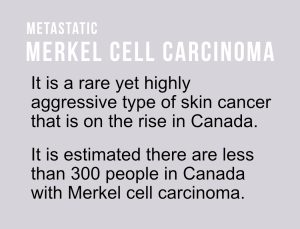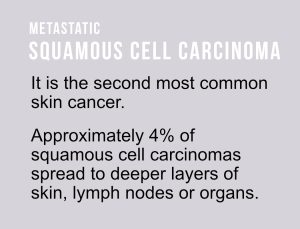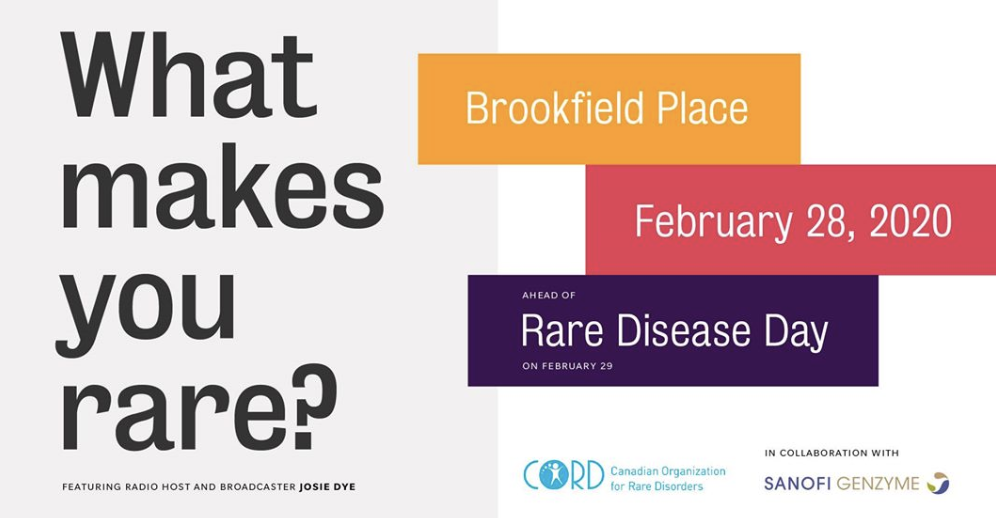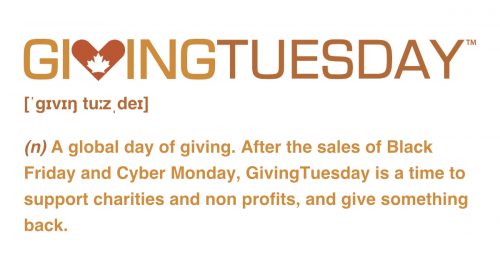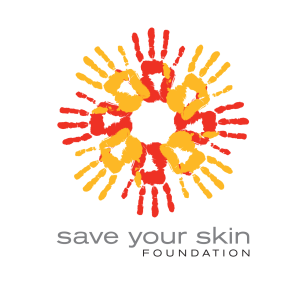You may have read something in the news lately about a move to lower drug prices in Canada. Or you may not. It’s one of those complicated policy issues that is sometimes misrepresented or over-simplified, and can make your head spin trying to understand all the steps, stakeholders and outcomes involved.
On the surface, lowering the price of drugs in Canada sounds like a good thing, right? If it were that simple, we’d say, “Yes, of course!” Unfortunately, there may well be serious consequences to this move. It Is important to consider them before we move forward.
The first thing to note is that the price does not refer to what individuals pay. It refers to what our provincial healthcare bodies pay manufacturers for certain drugs. Last May Canada’s Health Minister announced that there would be a review of how the Canadian government determines the price of drugs, specifically patented medicines such as cancer drugs. That review is now underway with the purpose of reducing public healthcare spending which, again, sounds like a good thing. However, the less obvious result of this move may be that it will hurt patients by delaying and/or reducing access to new and potentially life-saving therapies. Also, drug companies may decide to invest research budgets elsewhere, thus reducing the number of clinical trials available to Canadian patients, either because state-of-the-art standard of care drugs are not available for the trials or because they prefer to invest where it is a more thriving market. Currently, many patients have the valuable opportunities to be treated with leading-edge therapies in clinical trial settings before they become available to the wider public.
While these proposed changes may reduce the price of drugs and therefore costs to the Canadian healthcare budget, it may well also cost some Canadians their lives.
How do we know that? Because we have seen many situations firsthand where critically ill patients could not get a potentially life-saving treatment because it was either not funded or not available in Canada, despite being available in the US or in Europe. The proposed changes may see these situations becoming more commonplace for patients.
A common response to this issue is to place all the blame on the pharmaceutical industry for charging so much for drugs. It is true, many new promising medicines come with a hefty price tag. It is also a fact that developing a single medicine can cost millions, or even billions, of dollars. Governments presently rely on a joint federal/provincial/territorial process to negotiate pricing that they are willing and able to pay for drugs. The point is that patients cannot be held hostage in a price stand-off between our government and the pharmaceutical industry.
Twenty-eight Canadian patient organizations banded together to ask the Health Minister and Health Canada to delay implementing its proposing pricing regulation changes until it held a comprehensive consultation among all parties, including patient representatives, to ensure these changes do not compromise the standard of care. We urge them to work collaboratively to find solutions that will support a reasonable balance between the three federal pillars of health care being affordability, accessibility and appropriate use. Patient groups have recommended eight potential alternative ways to identify and reduce waste in healthcare spending that do not compromise patients’ access to new and effective treatments that often mean the difference between life or death. We hope Health Canada and the federal government listen.
You can read these recommendations here. These patient groups include:
Canadian Arthritis Patient Alliance
Canadian Cancer Survivor Network
Canadian MPN Network
Canadian Obesity Network
Canadian Psoriasis Network
Canadian Skin Patient Alliance
Canadian Spondylitis Association
Centre Associatif Polyvalent d’Aide Hépatite C (CAPAHC)
Canadian Treatment Action Council
Carcinoid-NeuroEndocrine Tumour Society Canada
Cardiac Health Foundation of Canada
Collective Oncology Network for Exchange
Cancer Care Innovation, Treatment Access and Education (CONECTed)
Colorectal Cancer Canada
Kidney Cancer Canada
Life-Saving Therapies Network
Lung Cancer Canada
Lymphoma Canada
Melanoma Network of Canada
Myeloma Canada
Pancreatic Cancer Canada
Rethink Breast Cancer
Save Your Skin Foundation
Schizophrenia Society of Ontario
Sickle Cell Awareness Group of Ontario
Team Finn
The Canadian CML Network
The Chronic Myelogenous Leukemia Society of Canada
The Lung Association Ontario


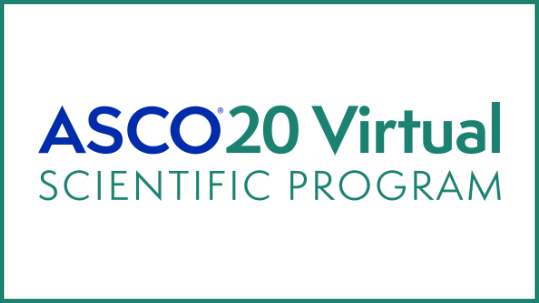
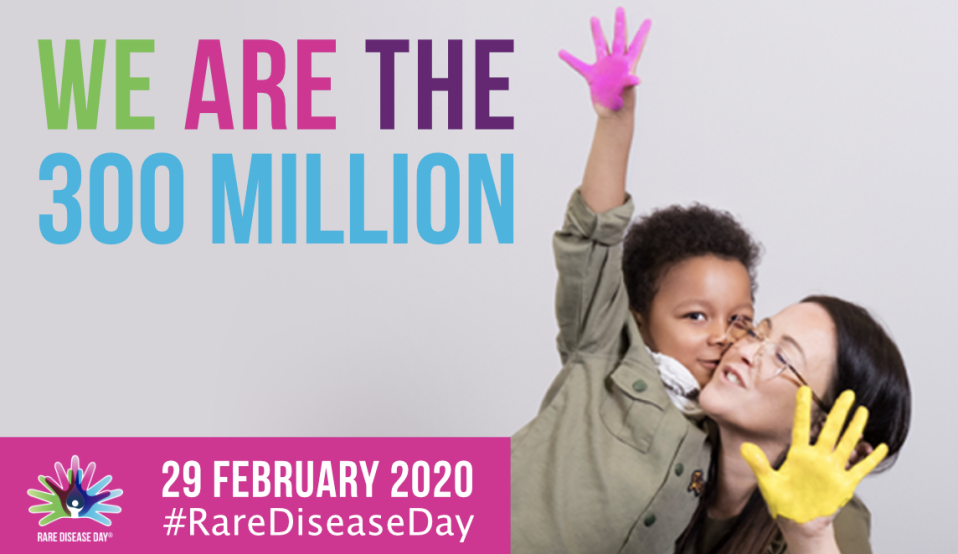
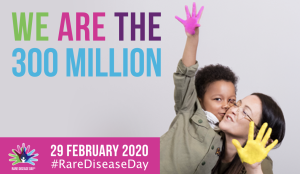
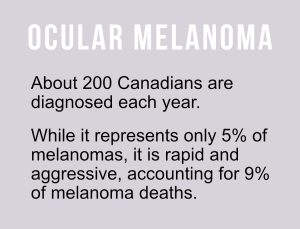
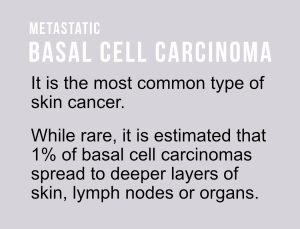 .
. 